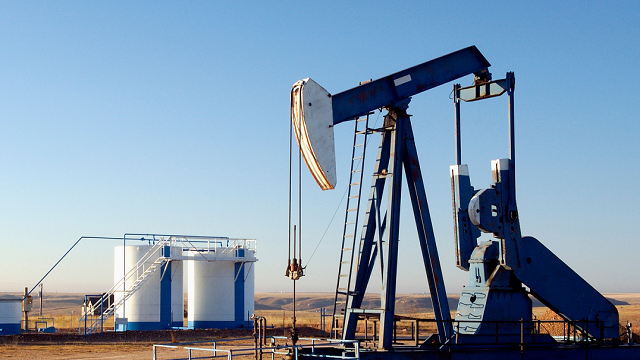by Fred Fromm, Portfolio Manager, Franklin Equity Group
While caution in some areas of the commodities space may be prudent, there are also reasons for optimism, according to Fred Fromm, portfolio manager, Franklin Equity Group. He offers his mid-year outlook and potential investment opportunities.
Market breadth widened in June as cyclical sectors joined the rally in technology shares. Drivers included signs of cooling inflation amid generally resilient US economic data, along with incremental stimulus measures in China. While the US Federal Reserve may not be finished raising interest rates given pockets of inflationary pressures, the probabilities around an economic soft-landing scenario seem to be increasing. We think this would be positive for cyclical sectors, particularly energy. Although we continue to see attractive upside potential in the space, it appears more limited following June’s strong results. Given the still-uncertain economic environment combined with the rise in equity valuations, we believe taking a more cautious stance is prudent at this time.
Energy fundamentals appear sanguine
Saudi Arabia surprised energy markets in early June by announcing another significant oil production curtailment of 1.0 million barrels/day while extending previous reductions through 2024. Similar to our experience with other curtailment announcements made this year, oil prices initially moved up and then faded as economic concerns continued to weigh on investor sentiment. In addition to demand concerns tied to slowing economic activity, seasonal factors also play a role when some investors “sell in May and go away.” While we’re hesitant to mention such an overused trope, energy markets are perhaps more exposed to this summertime dynamic than most others given the sector’s inherent volatility. This can be a frustrating time of year for energy investors, but it can also provide opportunities to buy high-quality companies at valuations we consider attractive, which we experienced in May.
Getting back to Saudi Arabia’s announcement and ongoing OPEC+ production curtailments, it is widely anticipated that supply-and-demand balances will tighten considerably in the second half of this year, and we have been seeing signs of this trend in recent data. This should lead to falling inventories and stronger pricing under most economic scenarios, which is why we remain sanguine with respect to energy fundamentals over the intermediate- and longer-term time horizons.
Meanwhile, we think the outlook for materials-focused industries, which posted mixed performance in June, is less certain. Despite historically low inventories for some metals, demand fundamentals remain captive to manufacturing and construction activity in China, which still appears fairly weak. In addition, although the outlook for demand in the United States looks relatively robust, European economies appear to be struggling in part due to the region’s energy crisis last year and, in fact, may suffer as investment dollars move across the Atlantic as companies seek to take advantage of government incentives and more favorable energy costs. This scenario is juxtaposed against positive supply-and-demand fundamentals in the longer term, and we remain on the lookout for market dislocations that may result in more attractive valuations.
Energy transition themes remain front and center for many investors, but these themes are evolving as aspirations collide with the realization that they may not happen as fast as initially expected. Europe suffered in 2022 as its overreliance on intermittent and unreliable energy sources led to an increase in coal consumption to cover the gap. Businesses curtailed energy use, and many may have lost a competitive advantage in the process. Despite supporters’ contention that renewable energy will cost less as it scales up, most countries and regions that have the highest percentage of power generation from solar and wind also have some of the highest power prices, intermittency issues, or both. However, a silver lining from last year’s energy crisis is the emergence of a more rational approach, with countries building greater redundancy into their power grids through liquified natural gas (LNG) import terminals and long-term contracts. Rationality is also evident in modifications to integrated energy companies’ business strategies, with a renewed focus on returns and directing investment to their areas of expertise where they can add the most value.
New technologies gaining traction
In addition to LNG regaining its status as a beneficial transition fuel, other areas of investment are gaining traction, such as hydrogen, where a growing number of companies are exploring options to use the clean fuel in all manner of industry and transportation. While it’s still mostly cost prohibitive for wider adoption today, new technologies and production techniques (i.e., manufacturing blue hydrogen from inexpensive US natural gas paired with carbon capture and storage) can lead to attractive economics and environmental benefits. Solving for hydrogen transportation is also important as the molecules are more challenging to move than natural gas, and we believe pipeline companies will likely be the ones to make those investments. Carbon capture, storage and transportation will also be critical elements of a lower carbon future. On that front, major integrated energy company just announced an acquisition tied to this theme.
It is somewhat ironic that traditional energy companies are driving the global energy transition in direct competition with existing energy sources, but at the same time we think it is quite appropriate and beneficial given their superior positioning and industrial footprints.
Copyright © Franklin Equity Group














